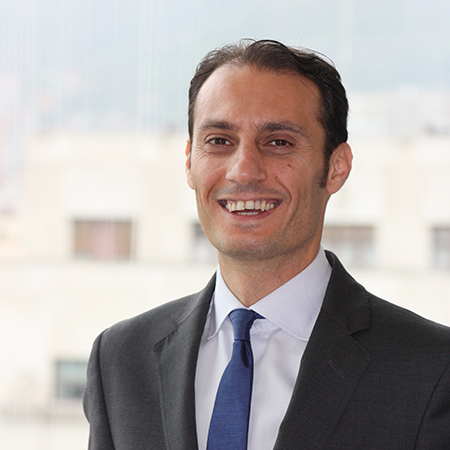Royal Decree 568/2022, of July 11, establishing the general framework of the regulatory test bed for the promotion of research and innovation in the electricity sector.
The purpose of this Royal Decree is to develop by regulation the general framework of the regulatory test bench conceived as a controlled environment to carry out tests that allow the development of pilot projects in order to facilitate research, innovation and regulatory improvement in the field of the electricity sector, pursuant to the provisions of the twenty-third additional provision of Law 24/2013 of December 26, 2013, on the Electricity Sector.
The Royal Decree is structured in four chapters.
- Chapter I contains the general provisions (Articles 1 to 3).
Establishing its purpose and scope of application, as well as the definitions of the main concepts for the purposes of the provisions of the standard.
- Chapter II specifies the regime for access and participation of projects in the test bed (Articles 4 to 12).
To this end, the applicable legal regime is regulated; the figure of the promoter; the eligibility criteria; the access mode; the way in which the applications will be evaluated; the testing protocol, which will be signed by the promoter with the Secretary of State for Energy, and will contain the particularities and specific conditions for the corresponding pilot project; the assignment agreement, which must be signed by the promoter and the participants, and the start of the tests.
In order to provide access to the regulatory test bed, specific calls will be held in which projects meeting the eligibility conditions may submit an application. Applications, in any case, will be submitted electronically since, given the type of procedure, the natural persons who could act as promoters would be professionals for whom it would undoubtedly be accredited that they have access to and availability of the electronic means necessary to relate with the Administration, so it is considered that this is a case in which the provisions of Article 14.3 of Law 39/2015, of October 1, of the Common Administrative Procedure of Public Administrations can be applied.
Subsequently, during the pre-assessment phase, the suitability of the projects for access to the regulatory test bed will be determined. Once the previous evaluation has been carried out, the projects admitted will be obliged to sign a test protocol with the Secretary of State for Energy. After the subscription of this protocol, once the activation of the system of guarantees and indemnities foreseen is accredited, the assignment agreements are signed, if applicable, and the rest of the requirements established in this Royal Decree and the corresponding call are complied with, the tests may begin.
- Chapter III establishes the operating regime of the test bench (Articles 13 to 19).
It includes how the monitoring of the tests and pilot projects will be carried out, the early termination of the participation of pilot projects in the bank, the cases of definitive termination of the tests of the pilot projects, the right of withdrawal of the participants and the way in which the results will be evaluated, as well as the provisions related to the liability regime and the guarantee system.
- Chapter IV contains a series of provisions (Articles 20 to 24).
Related to the possible collaboration of other agents, confidentiality, the regulation of the Coordination Commission, regulatory learning and the preparation of an annual report on regulatory innovation in the electricity sector.
Finally, two additional provisions and three final provisions. Regarding its entry into force, it will be the day after its publication in the BOE.




